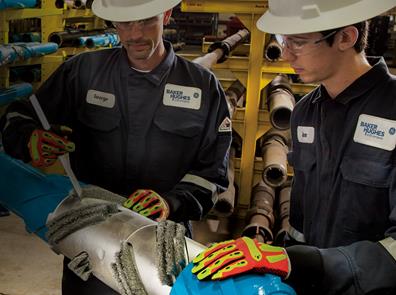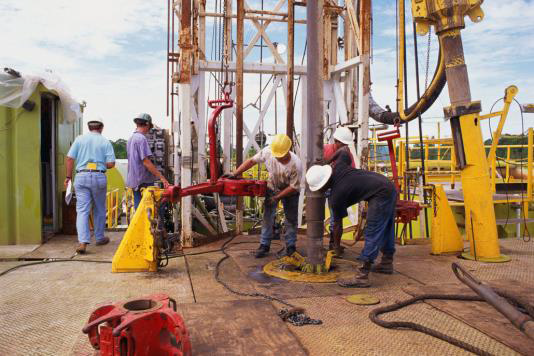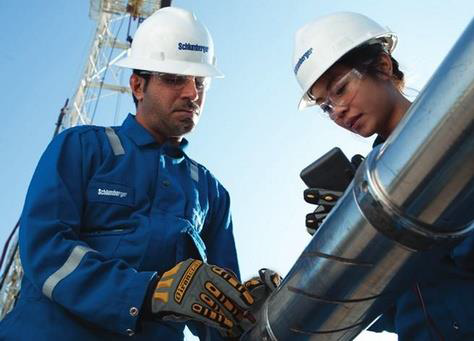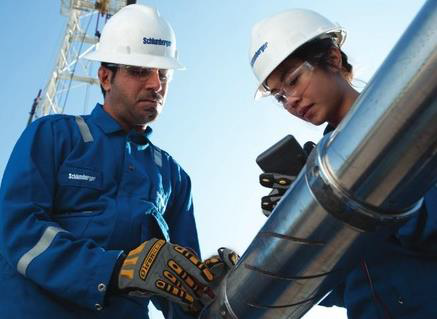COURSE OVERVIEW
DE0967 : Wellbore Stability & Geomechanics

OVERVIEW
| COURSE TITLE | : | DE0967 : Wellbore Stability & Geomechanics |
| COURSE DATE | : | Sep 08 - Sep 12 2024 |
| DURATION | : | 5 Days |
| INSTRUCTOR | : | Dr. John Petrus |
| VENUE | : | Doha, Qatar |
| COURSE FEE | : | $ 8500 |
| Request For Course Outline | ||
OTHER SCHEDULED DATES
| Date | : | Mar 03 - Mar 07 (5 Days) | Location | : | Doha, Qatar | Classroom Fee (US$) | : | $ 8500 | Course Info |
| Date | : | Oct 20 - Oct 24 (5 Days) | Location | : | Doha, Qatar | Classroom Fee (US$) | : | $ 8500 | Course Info |
Course Description
This practical and highly-interactive course includes real-life case studies and exercises where participants will be engaged in a series of interactive small groups and class workshops. This course is designed to examine the complexity of wellbore stability/drillability analysis in drilling operations with a view to optimizing well planning, construction and post evaluation procedures. Geomechanical models developed from data acquired during previous drilling operations along with log and seismic information will be introduced. Application of real time well bore stability management system through monitoring of surface and down hole drilling parameters, cuttings inspection, drilling fluids and log data analysis provide necessary tools to prevent avoidable instability issues. It is hoped that by combining drilling logs, offset well data and drilling technologies driven by a proper understanding by participants of the geomechanical profile of prospects, future wells will be successfully constructed in terms of cost savings and minimizing time overruns on drilling projects. The course discusses the fundamental theories that are critical in current well designs and well instability problems. It looks at the issues of rock properties, subsurface stresses and methods for the prediction of rock behaviour under varying operational conditions. The impact of rock and well instability on well economics is emphasized. Well bore instability has continued to be a major cause of non productive time and cost over runs in several fields while drilling, causing delays and well suspension before reaching drilling targets. link to course overview PDF
TRAINING METHODOLOGY
This interactive training course includes the following training methodologies as a percentage of the total tuition hours
LecturesWorkshops & Work Presentations
Case Studies & Practical Exercises
Videos, Software & Simulators
In an unlikely event, the course instructor may modify the above training methodology before or during the course for technical reasons.
VIRTUAL TRAINING (IF APPLICABLE)
If this course is delivered online as a Virtual Training, the following limitations will be applicable
| Certificates | : | Only soft copy certificates will be issued to participants through Haward’s Portal. This includes Wallet Card Certificates if applicable |
| Training Materials | : | Only soft copy Training Materials (PDF format) will be issued to participant through the Virtual Training Platform |
| Training Methodology | : | 80% of the program will be theory and 20% will be practical sessions, exercises, case studies, simulators or videos |
| Training Program | : | The training will be for 4 hours per day starting at 09:30 and ending at 13:30 |
| H-STK Smart Training Kit | : | Not Applicable |
| Hands-on Practical Workshops | : | Not Applicable |
| Site Visit | : | Not Applicable |
| Simulators | : | Only software simulators will be used in the virtual courses. Hardware simulators are not applicable and will not be used in Virtual Training |
RELATED COURSES

DE0170 : Pressure Transient Analysis and Practice
- Date : Dec 08 -Dec 12 / 3 Days
- Location : Dubai, UAE
- Course Details Register

DE0835 : Well Stimulation Techniques & Treatments
- Date : Dec 16 -Dec 19 / 3 Days
- Location : Istanbul, Turkey
- Course Details Register

DE0351 : Reserves Estimation and Uncertainty
- Date : Dec 23 -Dec 26 / 3 Days
- Location : Abu Dhabi, UAE
- Course Details Register

DE0210 : Basic Reservoir Engineering for Non-Reservoir Engineer
- Date : Dec 22 -Dec 26 / 3 Days
- Location : Doha, Qatar
- Course Details Register
